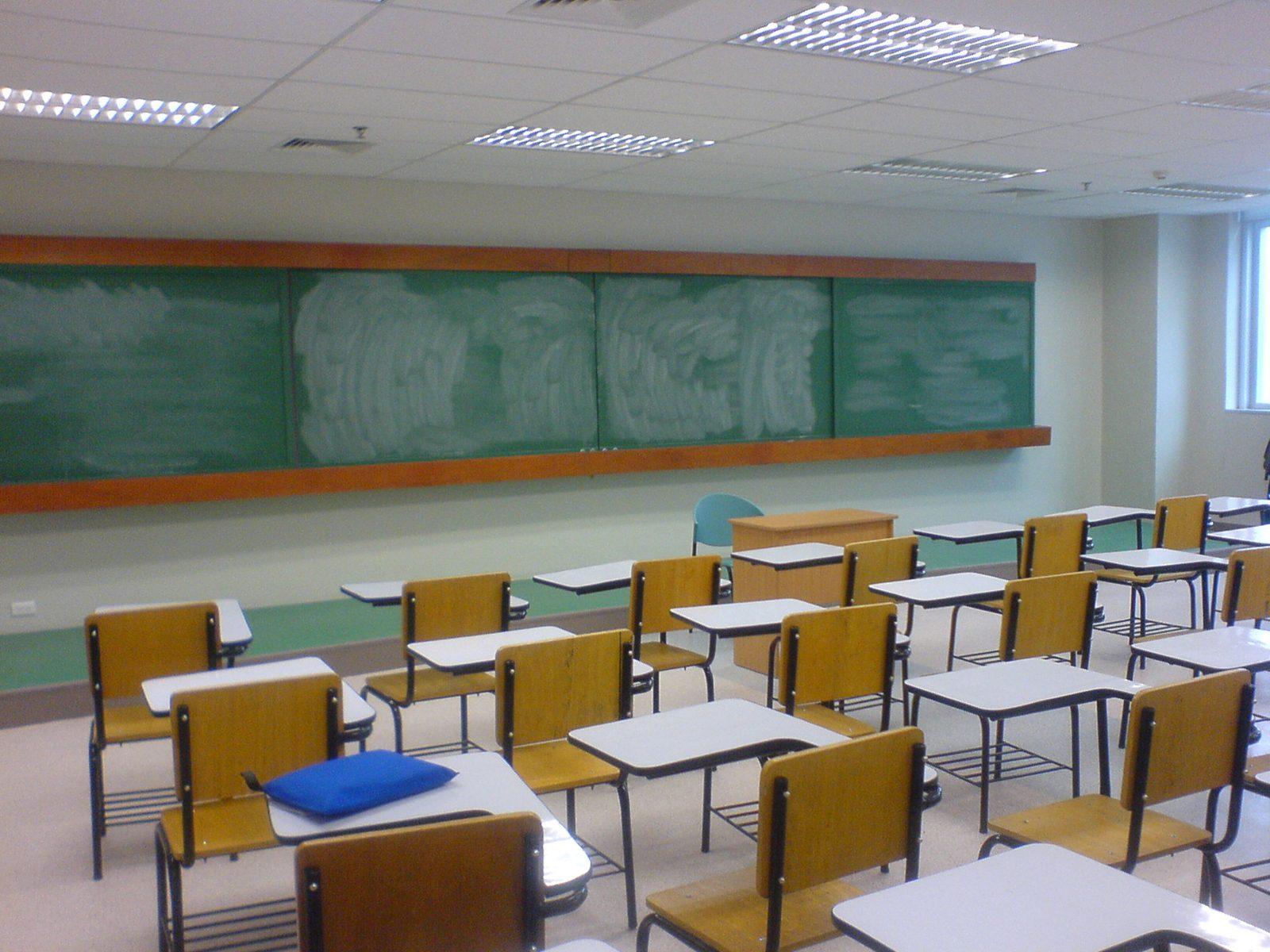Education is an inherently complex and polarizing issue. After all, the intelligence and well-being of the next generation is being argued, if education is examined at its core.
It is for this reason that The Daily Free Press’s editorial board did not come to a consensus on the best possible vote for Question 2 of the Massachusetts ballot questions.
However, general consensuses were reached in regards to welfare of students and communities. The editorial board largely feels that charter schools are detrimental to the community, but also is sympathetic to the opportunities charter schools provide and the argument that they are a beacon of hope.
A majority of the Board supported answering “no” on Question 2 for the following reasons.
Raising the cap to approving up to 12 new charter schools a year is merely a band-aid approach to mending failing public schools. Charter schools open new opportunities, yes, but they also shift the gaze of policy makers, communities and all other stakeholders to other issues at hand. If there is a new school potentially opening around the corner, will a neighborhood mother really care about the science curriculum in the elementary school?
Certainly, shifting resources is questionable when it comes to establishing charter schools, but the shifting of attention is the most worrying. In many regards, Boston is a mecca for higher education, yet its high schools swiftly fall in rankings below Boston Latin School. Things like academic processes, curriculum and teacher motivation need to be examined before opening more schools.
Furthermore, charter schools often split communities, removing students from their respective zip codes. For some, this is the desired intention, but for others, this is additional strain on already stretched households, albeit financially or with responsibility. Many students travel far distances, by parents if privileged enough or by public transportation if not. Rising early and going to bed late is stressful, particularly for a young child just trying to finish homework. Charter schools quite literally split away the 1 percent, considering no more than 1 percent of the statewide public school enrollment is permitted to enroll in charter schools.
Communities are further split by the competition faced to get into highly sought-after charter schools. Theoretically, the most ambitious and motivated students flee underfunded and struggling public schools for the exalted charter schools, leaving behind a void. Who are those less ambitious and less motivated students to look to now?
Students leaving the public school systems bring with them the involved parents. Dedicated and committed parents are often the harbingers of change. Without them, who is to closely examine the student experience and determine what needs attention and improvement? Teachers have their jobs, administrators have their jobs and students are just trying to learn.
The health of public schools is not vital to the individual parent whose child graduates from a high school in four years. It is vital for the system as a whole, and some believe charter schools perpetuate the health of the individual over the whole system.
However, charter schools are also valuable parts of many communities. For many public schools, education systems are perceived to be failed institutions. It could be easy to see that viewpoint if a school is plagued with low test scores, little funding and a generally bleak existence. For the students who reside in these districts but hope to achieve more than could be offered at a public school, charter schools are a beacon of hope.
There is a reason that so many people apply to charter schools, warranting a lottery system to select future students. Reform is undeniably slow-moving, and denying those who wish to see immediate change in current education often turn to charter schools. Every parent believes that his or her child is special and only wishes the best for him or her. Why deny that, especially with the given success rates of charter schools?
But another concerning aspect of Question 2 is its wording. A “yes” vote states that, “up to 12 approvals each year of either new charter schools or expanded enrollments in existing charter schools, but not to exceed 1% of the statewide public school enrollment.” To an uninformed voter, school expansion seems like a positive thing. Few, in our opinion, would vote against the betterment of public schools. Therefore, this is ambiguous and misleading.
Despite dissonant views on charter school expansion, the board’s consensus on education experience and equality is overwhelming. We are focused on the kids. Students who come from lower income families deserve the same right to education as anyone else, but also deserve a different option to reach that education, whether it be through public schools or charter schools. The public education system is flawed, and significant focus is needed to improve it. It will take time, but the next generation is worth the investment.






















































































































